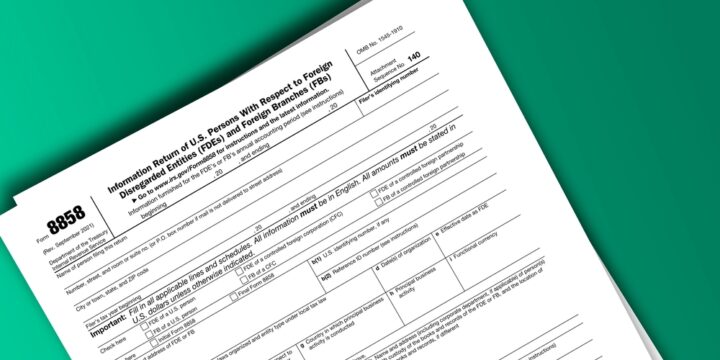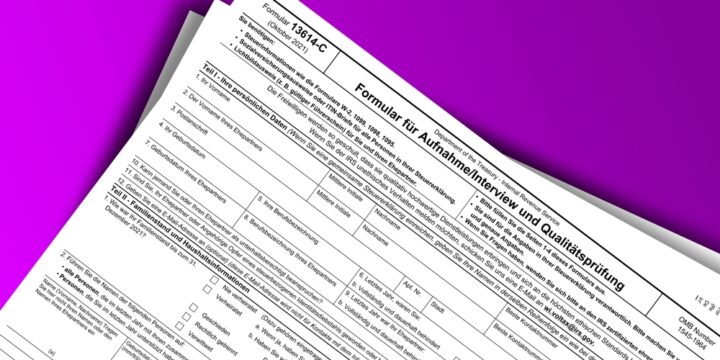
IRS Form 3520 in a Nutshell
By Anthony Diosdi This article is designed to provide the reader with an understanding of the Internal Revenue Service (“IRS”) Form 3520. U.S. persons who receive distributions, directly or indirectly, from a foreign trust are required to report a number of matters relevant to the trust on Form 3520, including the name of the trust and the aggregate distributions received during the taxable year. For this purpose, a distribution from a foreign trust includes any gratuitous transfer of money or property from a foreign trust, whether or not the trust is deemed to be owned by another person (such as a foreign grantor). A reportable distribution from a foreign trust includes the receipt of trust corpus and the receipt of a gift or bequest even though such amounts may not…








